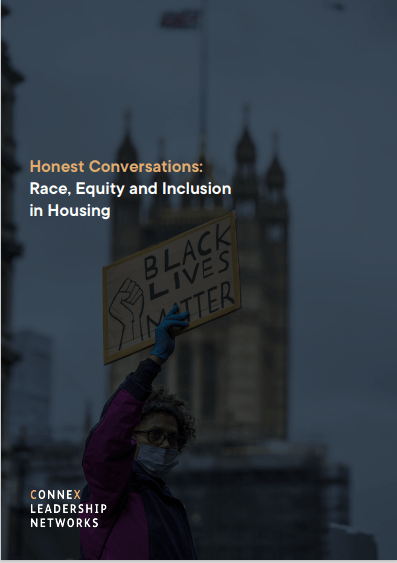Just a few days ago, the Secretary of State of Levelling-Up, Housing, and Communities made an announcement concerning a range of building safety measures that were coming into effect in the UK. These included protection for rental tenants and a strong focus on safety in all its aspects – forcing developers and owners to address the myriad of problems that exist in the social affordable housing sector more specifically.
However, as Geeta Nanda OBE (Chair of G15) noted:
“Today’s announcements are not a complete solution for the wider building safety crisis. Not-for-profit housing associations are investing significant resources into addressing building safety issues and this has already had an impact on our ability to build much-needed new affordable homes. To ensure we can continue to build the homes that are needed, as well as investing in existing homes and services for our residents, a truly comprehensive solution to this crisis is still required.”
Reflecting on this statement really brought everything that we’re doing into sharp focus for me as we set out into 2022. It’s clear that the industry is in flux and there are a vast number of different conversations that will shape where we go this year.
Here are some of the key conversations and burning issues that we’re hearing from our members on the ground:
- Sector Reputation. One of the biggest challenges that the UK affordable housing sector faced last year was a number of serious allegations and stories that besmirched the reputation of the industry as a whole and damaged the trust we had built with customers and residents. We need to once again demonstrate the good work that the sector does and ensure that our voice is heard loud and clear above these stories. I hope that 2022 represents a redemption story in that respect and we can find our feet once more firmly on the ground. We need to challenge the false narrative once and for all.
- The Net-Zero Decarbonisation Agenda. The UK has set an aggressive goal to become carbon neutral by the year 2030 and that places a lot of impetus behind the decarbonisation agenda within housing. As we seek to improve the way that we build and manage green buildings, this will be a continuous debate that digs into the inherent trade-offs that are required and what that means for the industry. I, for one, look forward to these as it marks the first real inflection point on the way to long-term sustainability.
- The Voice of the Customer. How are organisations enabling their residents to influence, impact and improve the way services are developed and delivered. Developing a stronger relationship with our residents and customers is dependent not only on investing in effective engagement but, of course, acting on what customers say. In 2022 we will see more efforts expended in listening to and taking seriously the voice of the customer.
- Employee Experience. The pandemic caused a massive shift in how people think about their work, and it created the conditions for what many are calling ‘The Great Resignation’. Organisations in the affordable housing sector are not immune from this and so I expect to see a lot of conversation around crafting better employee experiences in order to retain top talent for the long term.
- Diversity. Hopefully, we’ll continue to see more social consciousness around the value of EDI within organisations and specifically amongst the ranks of leadership in the affordable housing sector. There has been significant momentum over the past 2 years if we can keep having those difficult conversations then we have a chance to truly change the paradigm when it comes to diversity. By taking seriously the plight of our underrepresented groups and leveraging their unique ideas and perspectives, we can build a stronger, more tolerant, and wider-reaching industry that celebrates our differences and truly serves the diverse customer base that we have.
It’s not just about doing the right thing morally, it’s also a winning strategy for our organisations and the sector as a whole. We can either fix things now or find ourselves on the wrong side of history.
- Mental Health. We saw the trappings of this in 2021, but I expect that we still have a lot to learn about mental health in our society. As we start to uncover just how important this is, I think the affordable housing sector will also need to pay a lot more attention. For the sake of our employees, customers, tenants, and other stakeholders – we need to be creating spaces where mental health is a top priority rather than something that we ignore.
Those are just a few of the major trends that I’m expecting to see play out in 2022 in the affordable housing sector. Here at Connex, we’re excited about what the year has in store and we are looking forward to doing our part along the way.





